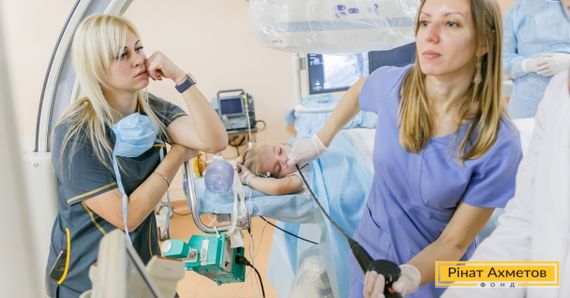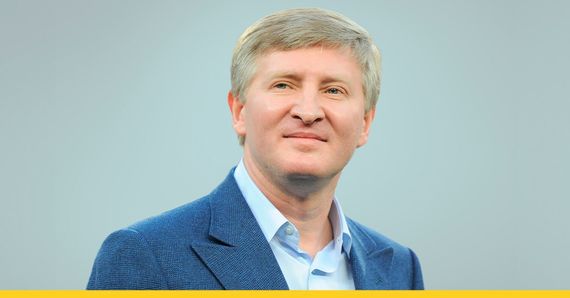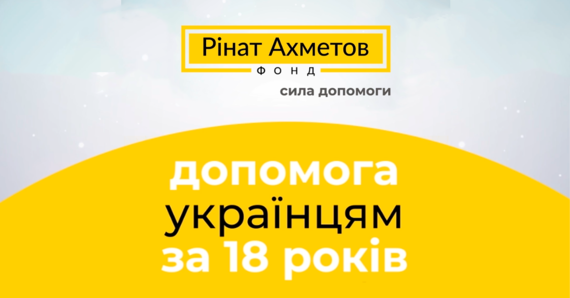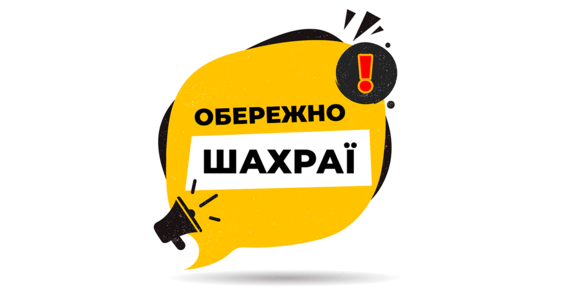Good deeds as a daily duty!

Today, on March 15, Good Deeds Day is celebrated all around the world. People participating in various events or flash mobs show that you can do good deeds at any time and in any situation. For the Rinat Akhmetov Foundation, it factually is a professional holiday, because good deeds –saving human lives – are a daily duty. The largest program of the Foundation – the Humanitarian Center – is aimed at helping people who are on the verge of starvation, in difficult straits or struggle with serious diseases. Is there anything more important than a human life?
Today, the Center’s tasks are to help people who are in desperate need of it here and now. As, for example, two-year Kharkiv resident Varia Ivakina. The girl was tormented by shortness of breath, convulsions, trouble sleeping. Almost half a year her parents did not know what a disease their child had. And only when the daughter was hospitalized to the resuscitation department, the doctors established diagnosis. Having made an ultrasound under anesthesia, they detected the problem with the heart. Varvara had an open arterial duct, due to which the venous and arterial blood was mixed, which was destroying lungs.
Such defect as Varvara had is eliminated with the help of an occluder. Implant closes the aperture between the atria. In such case, chest incision is not performed. And the next day the child is discharged home.
The parents were despaired, because the family did not have money to purchase an occluder. The assistance came from the Humanitarian Center, which purchases expensive devices for children from Donetsk, Luhansk, Kharkiv and Zaporizhzhia Regions within the “Healthy Heart” Program. They helped Varya too – now the girl is allowed only to walk on the street for a while, but within a month the doctors will allow her to even run.
The Rinat Akhmetov Humanitarian Center saved more than 1 million people. More than 12 million survival kits were given to the civilians of Donbas who are in distress. More than 10 thousand people, half of whom are children, received assistance for treatment.



